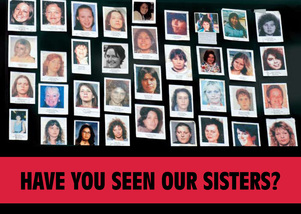 The first thing I see is the headline. Three women missing for ten years are found. Three women have come back from the place of shadows. Is it Anna Mae Aquash? Is it the children of Plaza de Mayo? Is it the sisterhood of Juarez? Is it the five hundred and eighty stolen sisters of indigenous Canada? For anyone to come back is a miracle. Mothers of missing daughters everywhere twitch in their sleep, sit up, eyes staring, agonizing hope flaring along their nerves, what if..., what if... 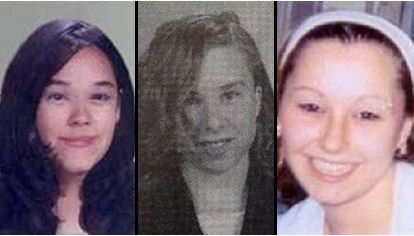 Raped for ten years, says the lead line, and beaten. My hand moves of its own accord, even though it's late at night, even though it will give me waking nightmares, even though my body will cringe and shake with memory. Click. They were taken while going home from school, from work, just an ordinary day, and a friendly neighbor offering a ride. They were almost seventeen, fourteen, twenty. (I was almost nine.) Once a neighbor saw a naked woman in chains, on all fours. That was the teeny tiny tip of a iceberg ten years deep, going on and on, every day rape, every day chains, every day hitting, starving, mental and emotional tortures, until one day she reaches the screen door and screams. 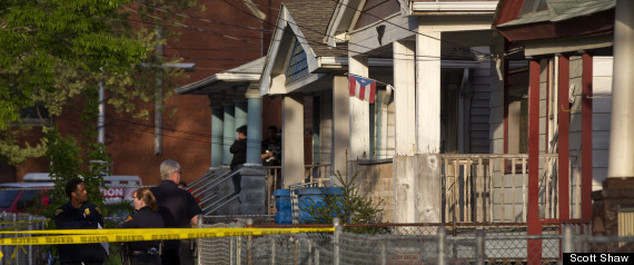 Yes, I read all that. But the second thing I actually see is the photograph of a Cleveland street, and a porch, and hanging right dead center in the middle is a small Puerto Rican flag, one of those shapes I recognize in my sleep, and I think, OH NO! It must be what the Chechens of Boston or any other US city feel. It must be what Muslims feel when the news of an explosion comes and they are hoping and praying this time it's a white Christian from Oklahoma, because even though the FBI says only 6% of terrorist attacks are by Muslims, everyone will look at them that way and the hissing will begin. It turns out that in the United States, Latinos and Latinas score the highest for terrorist acts, if you take into account each separate Machetero action, including the Brinks truck. But the crime for which I cringe isn't the liberation of dollars. I'm a historian. I know just how old the story is in this country that Puerto Rican men are depraved, oversexed, woman pimping, drug-using, drunken criminals. 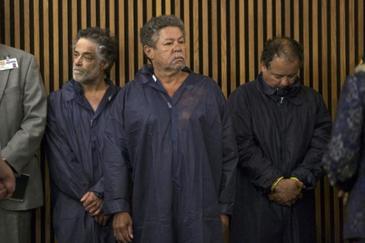 When I talk about it too much in public the body memories expand and I stop being able to do my work, so let me just say that the men who tortured and raped me at irregular intervals, secretly, under threats against my family, were Puerto Rican men, some of them middle aged. They looked a little bit like Ariel Castro. They also looked like my family, like my great uncle who taught me to chop onions the short-order cook way, like my grandfather who slipped me extra tostones under the table. People have been making death threats against this man's brothers. Together with their 71 year old mother, they have gone into hiding. Ariel Castro's daughter is apologizing for not knowing her batterer father also did this. I have to ask, what is it like to be Puerto Rican in Cleveland this week? Are men afraid to be seen outdoors with their daughters? Are the women all apologizing? What is it like to be a Latino man from any part of the world, because you know that people in the grip of racist hatred have a poor sense of geography. Ask the Bangladeshi man who got beaten up because Chechen Muslims bombed Boston. 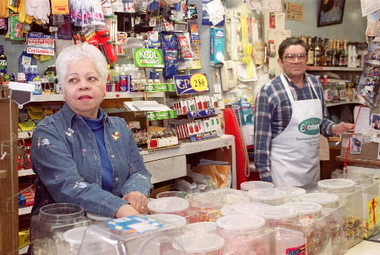 Norma and Ceci Castro in their store. Norma and Ceci Castro in their store. The Castro brothers came to Cleveland after WWII, in that huge wave of exodus from our economically battered island. Their uncle was one of those pioneros that hold up the roof for new immigrant communities. The one who owns the colmado and gives food on credit. A local Latino lawyer says the man, Ceci Castro, "helped more Hispanic families than the welfare department." The family opened the first Latino record store, they ran a used car lot, owned the neighborhood hardware store. The lawyer, José Feliciano, head of the Hispanic Roundtable, says he's embarrassed to death. It's a collective shame laced with fear that doesn't strike white communities when a white man rapes or beats or kills, because his acts are not considered ethnic. Random white people won't get pulled from their cars and beaten. 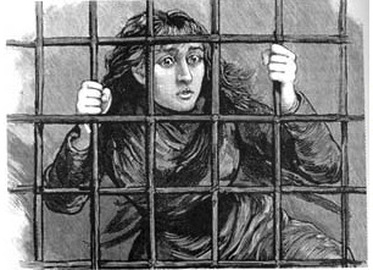 Then I think about the women again, knowing the tracks my own nightmare left across my life, a fraction of the time they spent in captivity, and I was never made pregnant or punched and starved into miscarriage. I think about the trauma experts who must be converging on them. About dissociation and flashbacks and how many years it will take for any of them to want sex again, or, on the contrary, will they be compulsively drawn to it, try to work it out in their bodies, not know what to do without an edge of terror. Will they be agoraphobic, like prisoners so used to confined spaces that they can't bear the open street? And being a mother, I think ohmygod what must it be like to know the details, the overwhelming physical urge to snatch your child back from a moment ten years ago, the fierce frozen urge to protect. Everyone's nightmares, in widening circles. 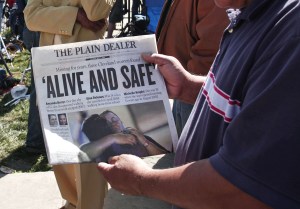 And then I circle back to the headline. They were found. That brave girl made a break for it, and help came, and they went home, even though one of the mothers died not knowing, even though nothing can give them the other decade they could have had, even though there is a burden of nightmare they will have to carry and it will take an enormous amount of help to heal from, even though haters will use this against my people. They were found. They came home. They're alive, and so am I. Sometimes we survive.
0 Comments
Your comment will be posted after it is approved.
Leave a Reply. |
About Aurora
Aurora Levins Morales is a disabled and chronically ill, community supported writer, historian, artist and activist. It takes a village to keep her blogs coming. To become part of the village it takes, donate here. Never miss a post!
Click below to add this blog to your favorite RSS reader: Archives
September 2017
Categories
All
|
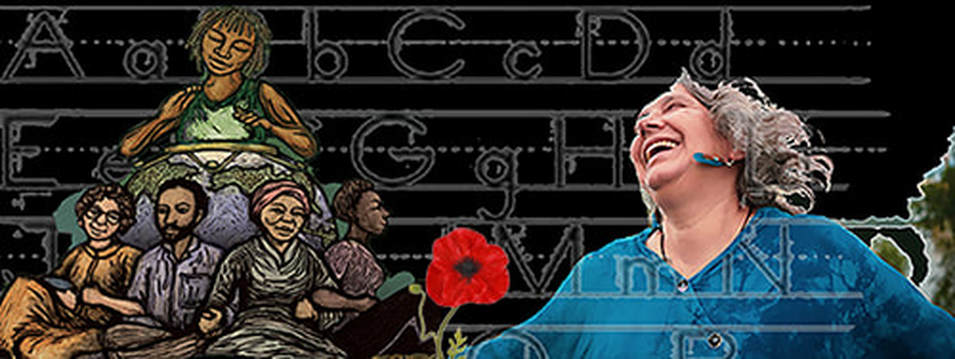
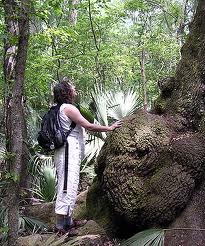
 RSS Feed
RSS Feed
